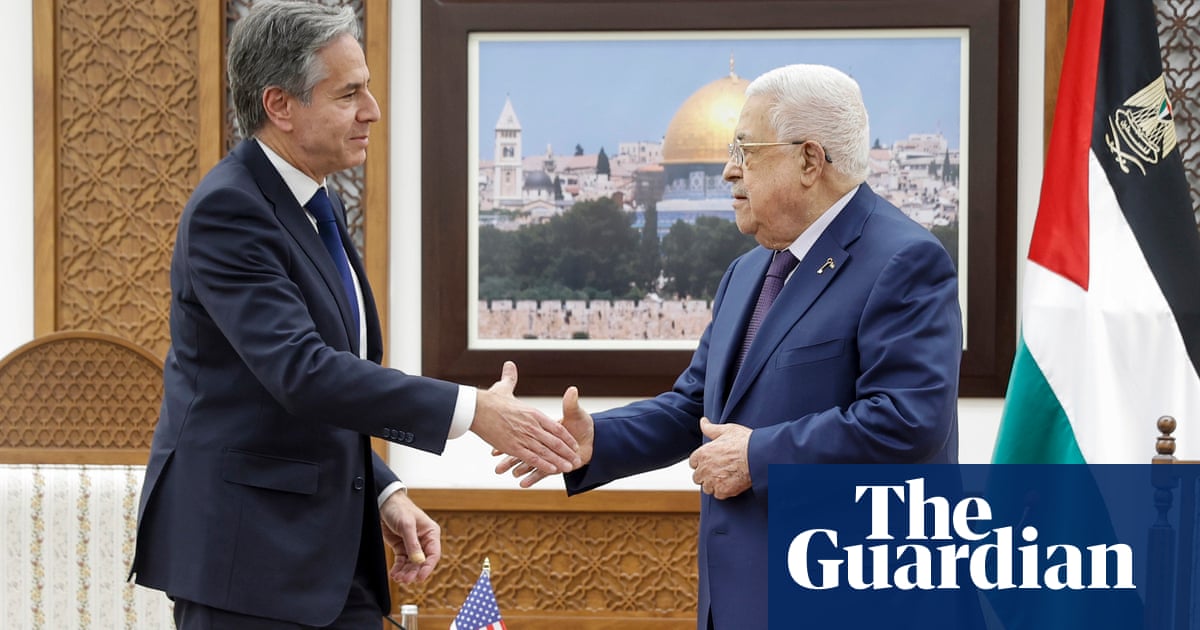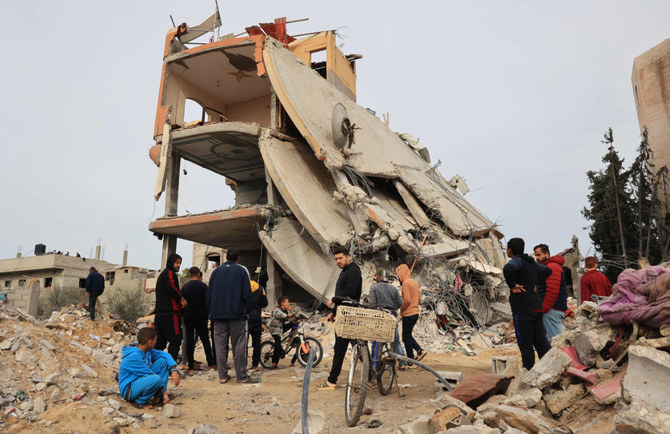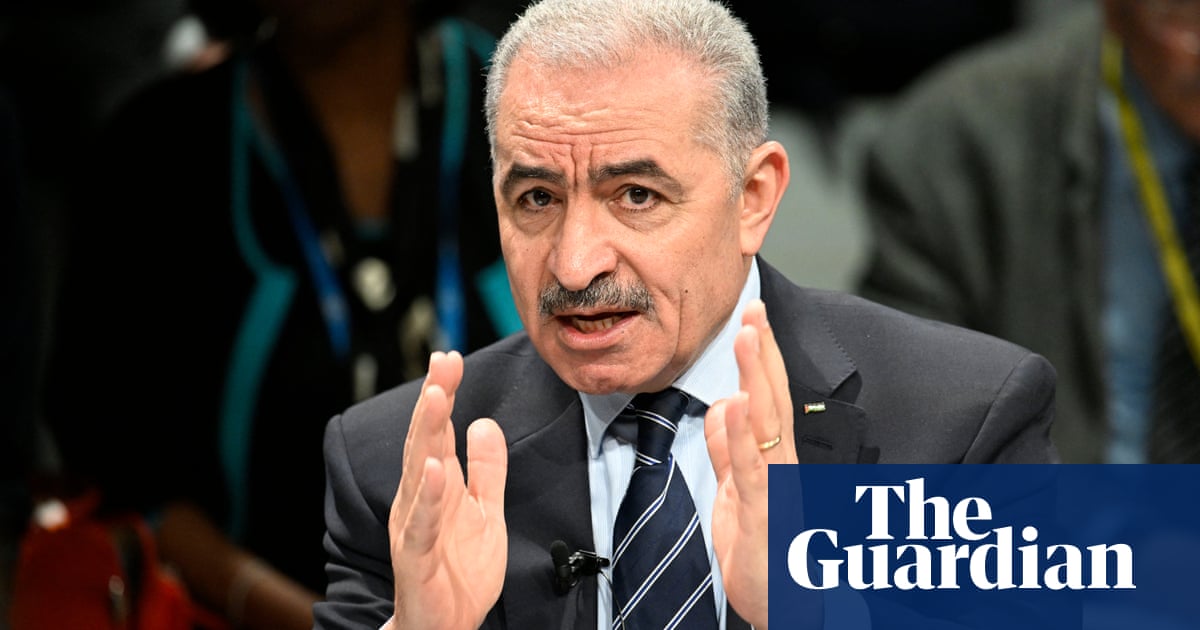
After the 2006 Palestinian legislative elections, won by the Hamas-backed Change and Reform party, the Palestinian Authority’s rule in Gaza was coming to an ignominious and chaotic end. Heavily armed families, some separated by their political affiliations with Hamas and Fatah, others by long-simmering rivalries, were involved in armed clashes.
In cities such as Khan Younis, barricades blocked districts that turned into impromptu strongholds. Corrupt, weak and incompetent, the PA in Gaza had allowed – even encouraged – the arming of the rival clans. Within months, the PA would be driven out by Hamas after a period of intra-Palestinian violence.
The US secretary of state, Antony Blinken, has reportedly suggested to the Palestinian president, Mahmoud Abbas, that he sees the PA returning to Gaza to play a key role in any “day after” scenario if Hamas is removed from power.
In the years since Hamas’s takeover in Gaza, bringing its own wealth of problems, the PA on the West Bank has done little to inspire confidence that it possesses meaningful solutions that it could bring to Gaza.
Sclerotic and lacking a democratic mandate, not least in Gaza, many Palestinians view the PA’s sole function in recent years as to maintain a modicum of stability on the West Bank at the behest of Israel and its international backers via its security forces.
Above all, Blinken’s comments reflect a deep myopia over the role played by the US and Europe in the rupture in Palestinian politics that followed the 2006 election, not least the withholding of aid and later its channelling directly to Fatah.
As Nathan Brown points out in his examination of Gaza’s potential future for the Carnegie Endowment for Peace, “Hamas is not particularly popular – it has some enthusiastic support, to be sure, but only from a minority. But asking Gazans whom they support is partly beside the point: no Palestinian has had a serious voice in choosing their leaders since 2006. A bizarre coincidence of interests among a variety of international and domestic actors has formed to prevent meaningful elections.”
He says the PA in any case would need Israel first to reverse its “longstanding policy to disconnect Gaza from the West Bank and to treat Gaza as a nonentity in political and governing terms”, which he sees as unlikely.
Even if it were possible, the PA would still have to deal with its lack of popularity. “The PA has struggled to protect civilians from attacks by Israeli settlers in the West Bank, and its budgets have been stretched to breaking point as Israel has withheld millions of dollars in tax revenues gathered from Palestinians,” said Amy Mackinnon in an essay last week for Foreign Policy.
It is unlikely, even if it so desired, that the PA has the capacity to govern Gaza.
The failed attempts to broker a meaningful rapprochement between Hamas and the PA over the years, while moot if Hamas’s leadership is toppled, reflect wider splits and tensions in Palestinian society that it would be difficult, if not impossible, to negotiate, not least if the PA were to be seen returning to power in Gaza riding on an Israeli tank.
Finally, there is the issue of legitimacy. To have any meaning, a PA return would require elections that once again it might not win, even if the conditions for elections excluded those supporting violence.
The PA’s rule of Gaza ended in visible humiliation. Members of Fatah, some stripped to their underpants, fled the coastal strip for the West Bank, a metaphor for the PA’s collapse there that lingers to this day.












